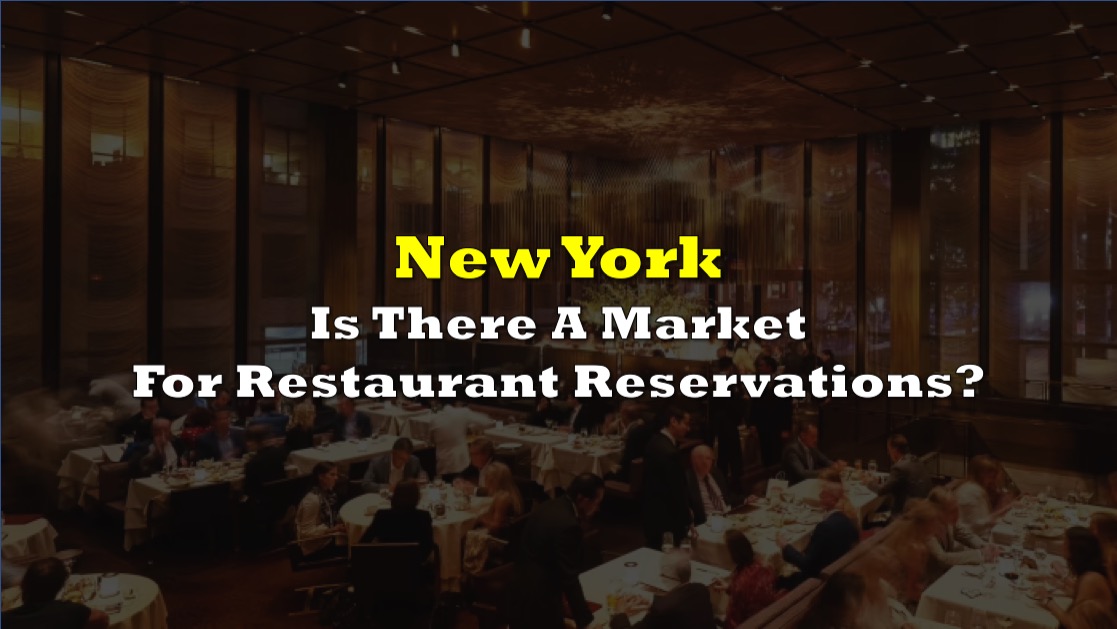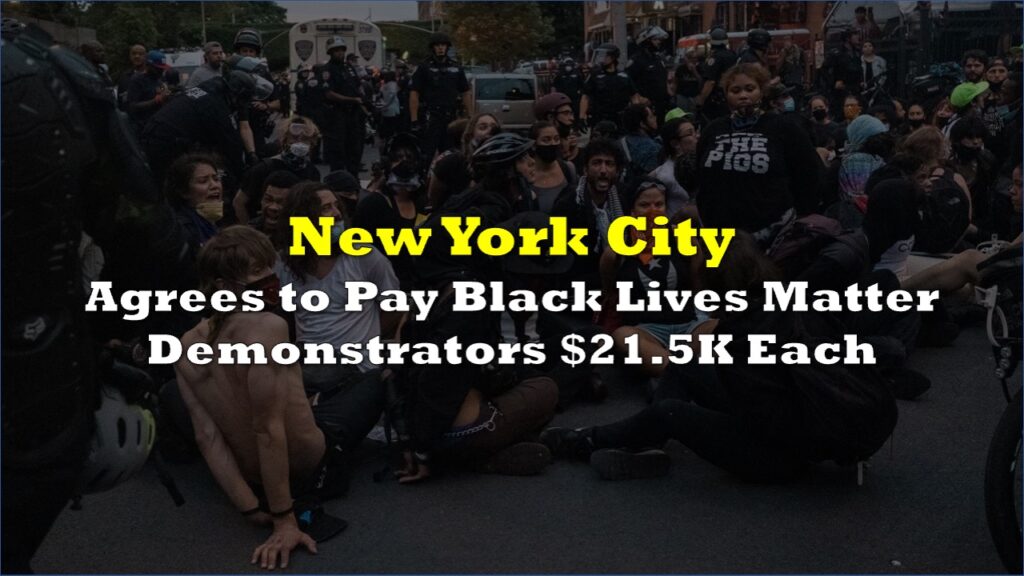In the bustling culinary scene of New York City, securing a reservation at a top-tier restaurant has become akin to winning a jackpot. With demand outweighing availability, a thriving secondary market has emerged where reservations are bought and sold for staggering sums. Recent reports indicate that individuals are raking in annual incomes ranging from $70,000 to $80,000 by capitalizing on this lucrative niche.
People are making $70-80K per year selling restaurant reservations in NYC on the secondary market 😯 pic.twitter.com/xOGfoeEsLY
— Tanay Jaipuria (@tanayj) April 23, 2024
Brown University sophomore Alex Eisler, specializing in applied math and computer science, has disclosed his strategy for securing restaurant reservations through deceptive means. Eisler admits to utilizing fake phone numbers and email addresses to bypass reservation systems.
In his efforts to book coveted tables, Eisler goes as far as altering his voice and assuming different personas, including employing a falsetto and posing as a female.
Operating under the screen name “GloriousSeed75” on the platform Appointment Trader, Eisler has profited significantly from his ventures, selling reservations for exorbitant prices. Recent transactions include a lunch table at Maison Close for $855 and a reservation at Carbone, a popular establishment among the affluent, for $1,050. Eisler’s earnings from reselling reservations amounted to $70,000 last year.
Another reseller, known as PerceptiveWash44, divulged his reservation-selling tactics, revealing that he multitasks while securing bookings. Standing outside the break room of a West Coast hotel where he works as a concierge, PerceptiveWash44 likened his reservation hustle to a leisure activity.
“It’s, like, some people play Candy Crush on their phone. I play ‘Dinner Reservations,’ ” he said. “It’s just a way to pass the time.”
Despite its casual nature, this side gig proved lucrative for him, as he amassed $80,000 in earnings from reselling reservations last year alone. With a keen eye for anticipating demand, PerceptiveWash44 boasts an impressive “99% Positive Sales History” on the platform, with nearly two thousand reservations made, although some went unsold.
Appointment Trader
Appointment Trader founder Jonas Frey, a thirty-three-year-old software engineer, found inspiration for his entrepreneurial venture in an unexpected place: the frustrations of renewing his driver’s license at the Nevada Department of Motor Vehicles. Frustrated by the inability to pay for a spot in line, Frey embarked on a coding marathon fueled by caffeine and pizza, resulting in the creation of Appointment Trader in July 2021. This online marketplace facilitates the buying and selling of reservations for a wide array of experiences, from exclusive shopping events to sought-after restaurant tables.
Despite its humble beginnings, Appointment Trader has flourished, generating nearly $6 million in reservation sales over the past twelve months alone—a significant increase from previous years. Frey’s platform operates on a commission basis, with sellers vying for “Traderpoints” and “medals” to enhance their earning potential. From instantly available reservations to customizable bids, Appointment Trader caters to a diverse range of preferences.
However, the platform’s success has also shed light on the unscrupulous tactics employed by some users like Eisler to secure prime reservations. From individuals exploiting multiple accounts on reservation platforms to those leveraging borrowed credit cards or resorting to elaborate impersonations, the competition for coveted tables is fierce.
The use of bots has become another prevalent method among reservation resellers. These automated programs tirelessly scour reservation platforms, refreshing at lightning speed to secure coveted tables. Some resellers opt for subscription services like Resy Sniper, equipped with custom-built bots designed to snatch up elusive reservations. Others craft their own bots using open-source code from platforms like GitHub, perpetuating the competition for sought-after dining experiences.
Beyond independent resellers, even employees within the hospitality industry are participating in the reservation resale market. Hotel concierges, maître d’s, hosts, and line cooks alike risk their jobs for a chance at quick cash. This practice, described by Frey as “virtually greasing the palm,” allows individuals to profit from their insider access without ever directly interacting with the buyer.
As the reservation resale market thrives, resellers take calculated risks, hoping to capitalize on demand. Prices fluctuate, with some reservations proving riskier investments than others. For instance, a Monday table at Via Carota may fetch $320, while a Friday night slot at Semma could command $480, representing a safer bet for buyers. However, when reservations remain unsold, it’s the restaurants that bear the brunt of the losses.
Frey is keenly aware of the risks associated with unsold reservations. He employs measures to deter excessive speculation, penalizing resellers with unsold listings by restricting their access to the platform. He identifies “script kiddies” as particularly problematic, referring to individuals who deploy armies of bots to book numerous reservations, with the hope of selling only a fraction of them. This practice not only undermines the integrity of the reservation system but also disrupts restaurant operations.
Information for this story was found via The New Yorker and the sources mentioned. The author has no securities or affiliations related to the organizations discussed. Not a recommendation to buy or sell. Always do additional research and consult a professional before purchasing a security. The author holds no licenses.









